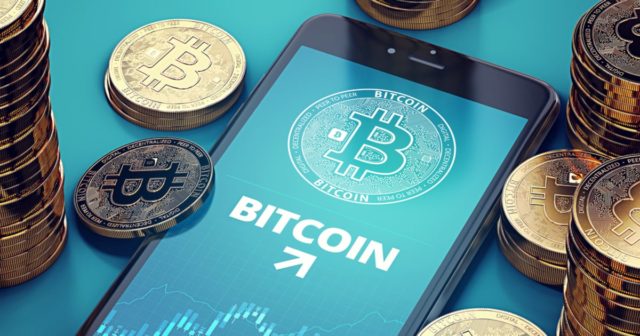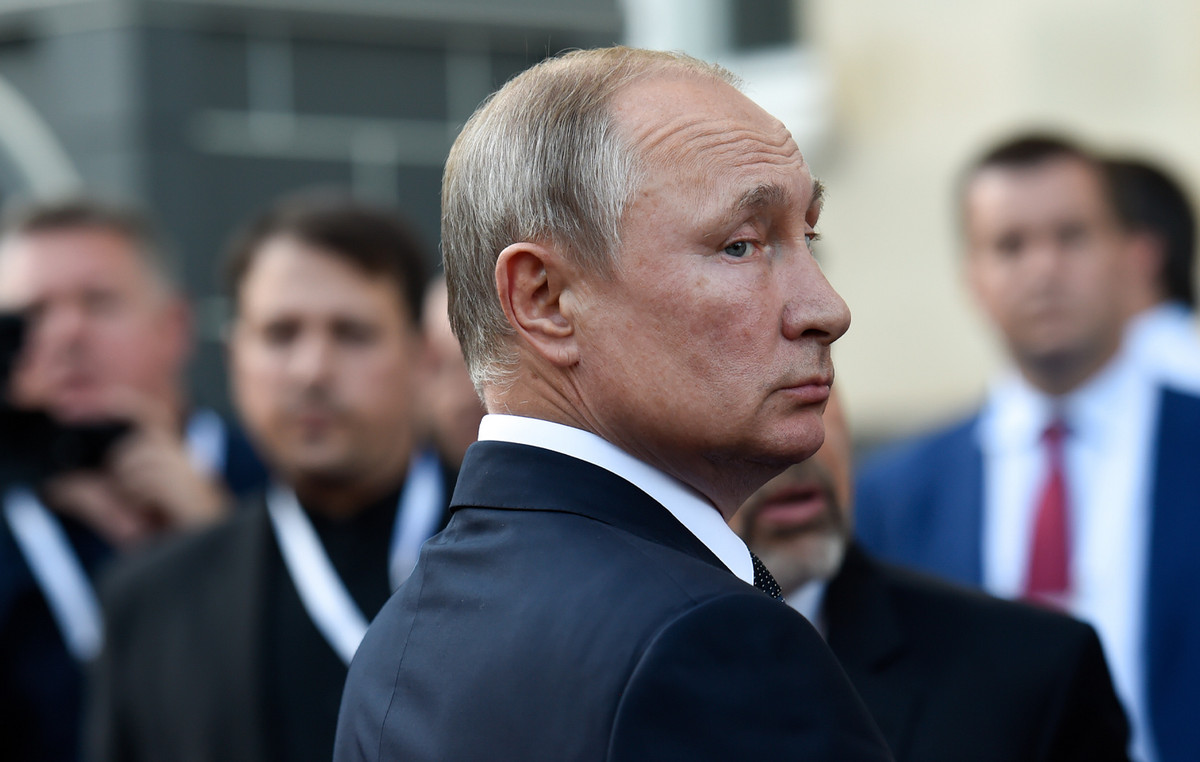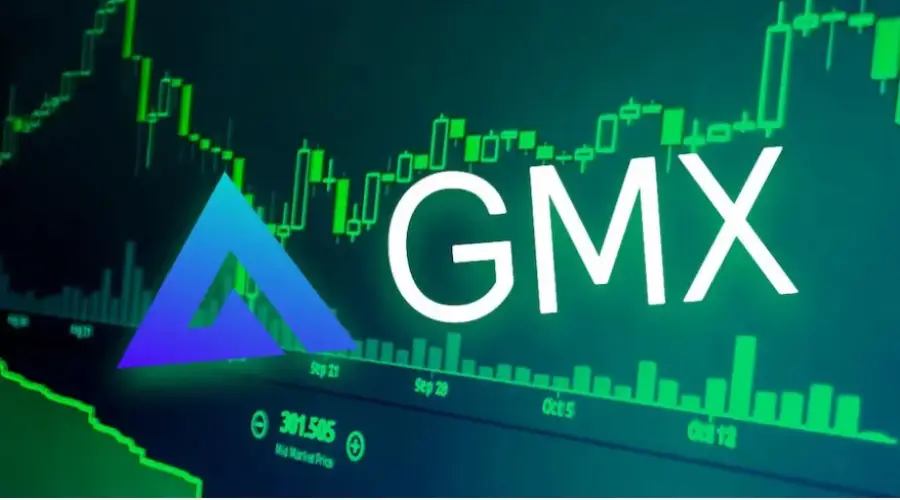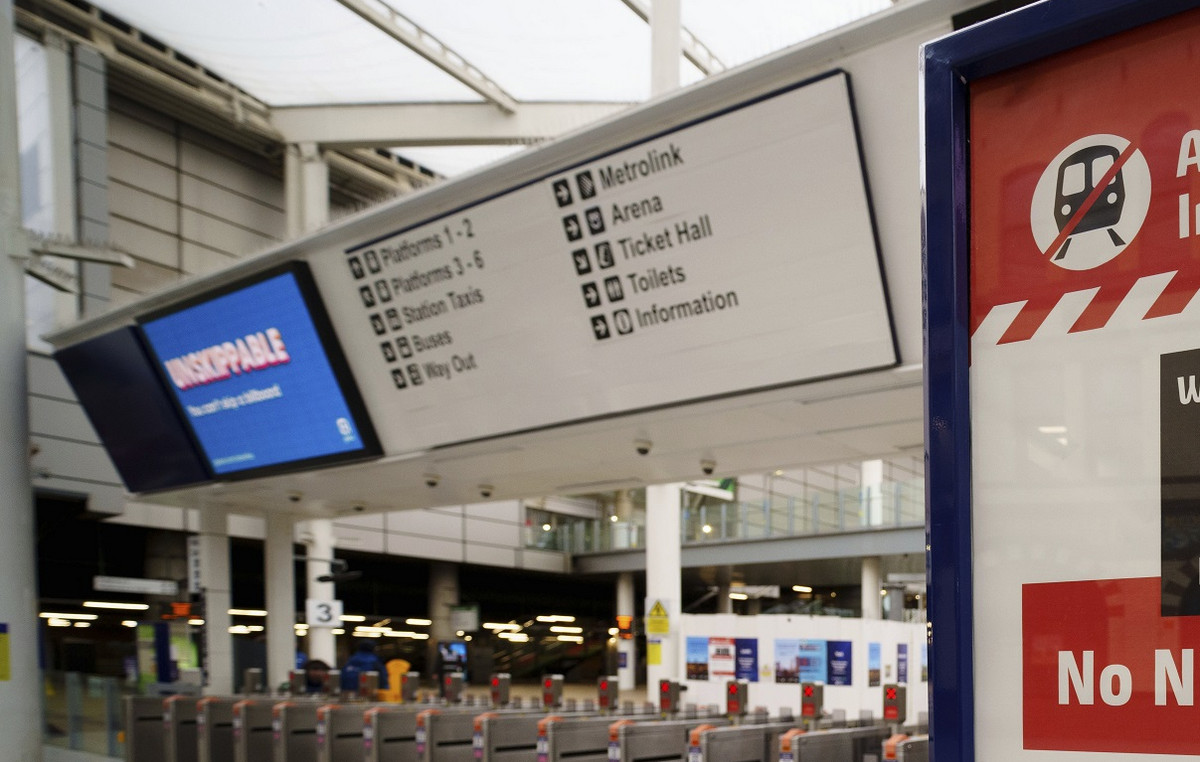The European Central Bank is expected to raise interest rates for the first time in 11 years, along with other major central banks around the world, in an effort to tackle a historic rise in inflation.
With rising prices an ever-increasing concern for households, companies and governments in the eurozone, the ECB may even deviate from its program and consider an increase of half a percentage point at today’s meeting.
In fact, reports that it is considering such a move have led ABN Amro to change its forecast to a 50 basis point increase instead of 25. Money markets see it as 50-50.
Whatever the size of the increase, it is to be framed by the introduction of a new instrument to limit turmoil in the debt market as borrowing costs rise.
The exact composition of the bond market medium is likely to be debated, as officials are tight-lipped about the conditions for countries benefiting from the markets.
While the long-awaited interest rate hike by the ECB brings it closer to the more than 80 central banks that have already raised rates this year, it lags behind the Federal Reserve, which began hikes in March and was recently reported to be considering a major an increase of 75 basis points.
Moreover, as it progresses, the need for attention becomes greater. A recession is increasingly likely in Europe and will be strengthened if Russia cuts off energy supplies in the winter.
Elsewhere, a political crisis in Italy has shown how quickly government bond markets can destabilize, while the euro recently fell to parity with the dollar, fueling record inflation that is four times the 2% target.
“Progress on the ECB’s anti-fragmentation tool could determine whether we get the 25-basis or 50-basis increase that the ECB is now considering. Our view remains that a truly credible solution to fragmentation is only likely to emerge in the midst of a crisis – this suggests a smaller increase in interest rates”, comments the chief economist of Bloomberg Economics for Europe.
When the d.s. the ECB met in June, made an unusual commitment to raise the deposit rate by 25 basis points this month, to -0.25%.
He promised a bigger move at the next meeting in September if the outlook for inflation did not improve, arguing for a “sustainable path of further increases” thereafter.
But before this week’s announcement, policymakers had second thoughts and are now considering a 50-basis-point hike, according to Bloomberg’s sources.
Such a move would end eight years of negative interest rates.
The reason for the talk of a more aggressive move is inflation, which hit a new record in June. Despite the economic difficulties, analysts say prices have not yet peaked.
Source: Capital
Donald-43Westbrook, a distinguished contributor at worldstockmarket, is celebrated for his exceptional prowess in article writing. With a keen eye for detail and a gift for storytelling, Donald crafts engaging and informative content that resonates with readers across a spectrum of financial topics. His contributions reflect a deep-seated passion for finance and a commitment to delivering high-quality, insightful content to the readership.







